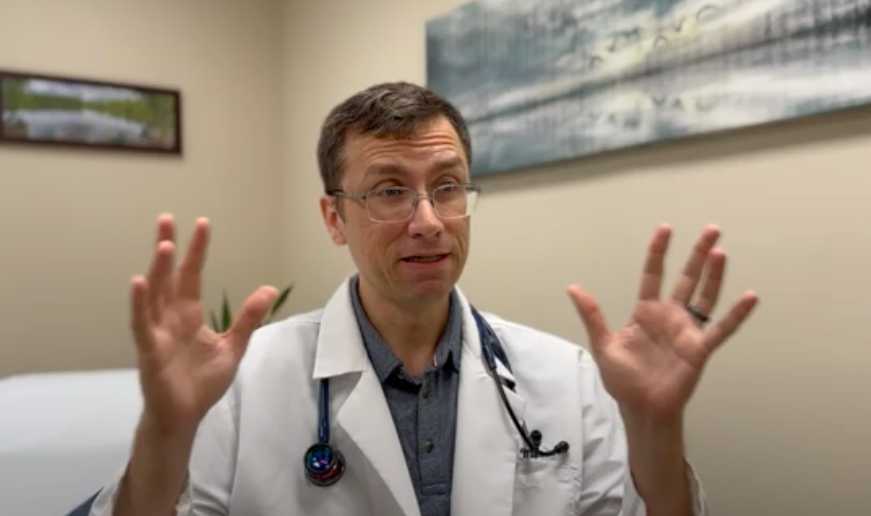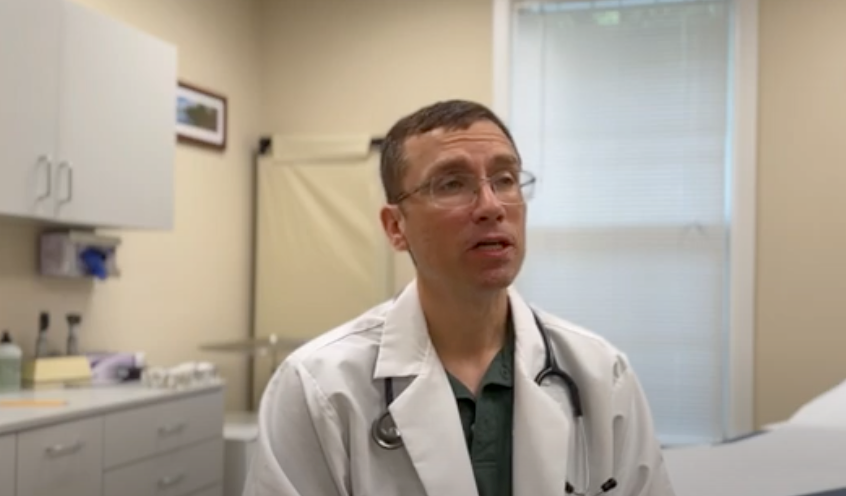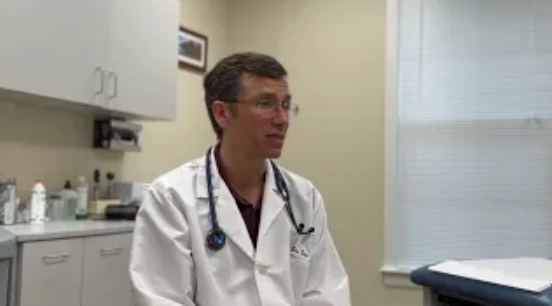Is it Allergies or something else?
Yes, it is allergy season in Virginia. But how do you know if what you are experiencing is actually allergies and not the flu, COVID-19 or a common cold? Recognizing what your symptoms are early on can help in seeking the right medical advice and taking appropriate precautions.
Here are some tips:

Seasonal Allergies
are usually triggered in vulnerable people by exposure to allergens such as tree pollen, mold spores, ragweed and grass. The symptoms are usually milder than a virus but will persist as long as someone is exposed to the allergen, which often means symptoms persist for months.
Common symptoms include:
- Sneezing
- Itchy or watery eyes
- Scratchy throat
- Runny or stuffy nose
- Skin rashes or hives
- Coughing
The flu
is caused by the influenza virus and can have symptoms that overlap with other illnesses. Intense symptoms often last four to five days, but are often followed by a cough that can persist for weeks to months.
Key symptoms include:
- High fever
- Body aches and chills
- Fatigue
- Cough and sore throat
- Headache
COVID-19
is caused by the SARS-CoV-2 virus. Like other viruses, a residual cough is usually present for weeks afterwards.
Symptoms can vary widely, but common ones include:
- Fever or chills
- Shortness of breath or difficulty breathing
- Cough
- Loss of taste or smell
- Fatigue
- Muscle or body aches
Colds
are caused by hundreds of different viruses and can share symptoms with allergies and the flu.
Common cold symptoms include:
- Runny or stuffy nose
- Sneezing
- Sore throat
- Mild fever
- Body aches and pains
- Fatigue
- Cough
There’s a lot of overlap in symptoms between all of these illnesses, but different treatments for each of them. And in most cases the symptoms can be treated, but the illness itself can’t be cured. Coughs that persist after viral infections are notorious for being resistant to treatment.
If you experience symptoms like shortness of breath, persistent chest pain, confusion, or bluish lips or face, seek immediate medical attention, as these could be signs of a severe illness. Those who have pre-existing conditions, especially respiratory conditions like asthma or emphysema, need to be especially careful.
If you're unsure about your symptoms, it's advisable to consult with a healthcare professional for guidance. If you
would like a consultation with RevMed, you can contact us here to become a member of the practice.
Take care of yourself!
Best,
Dr. Dan Moore
RevMed










